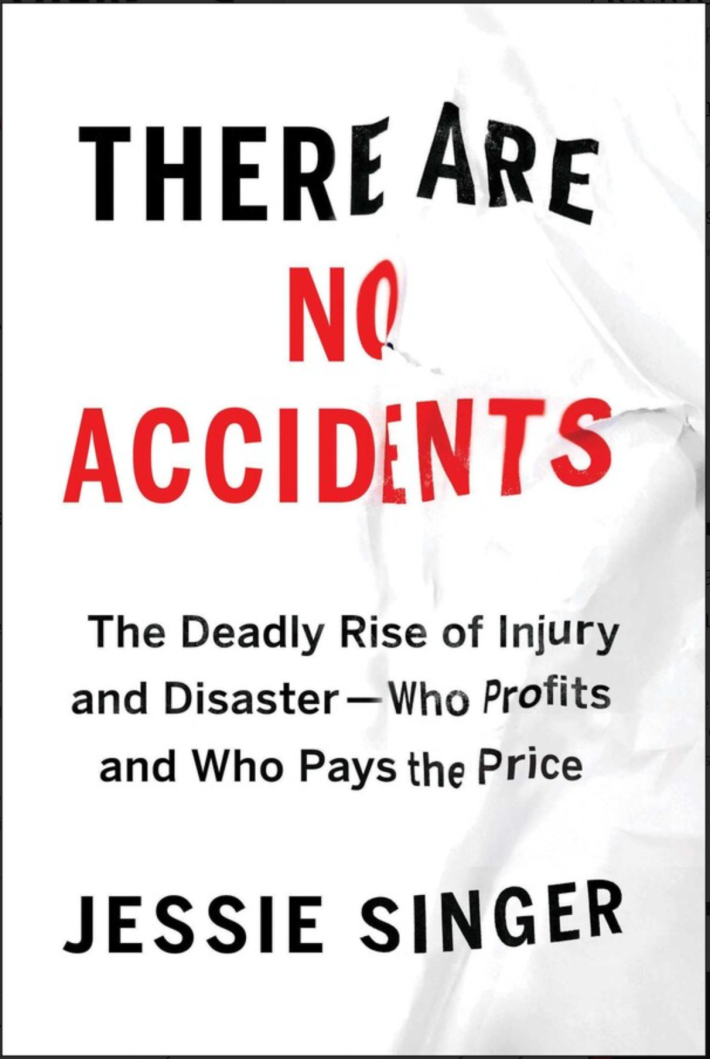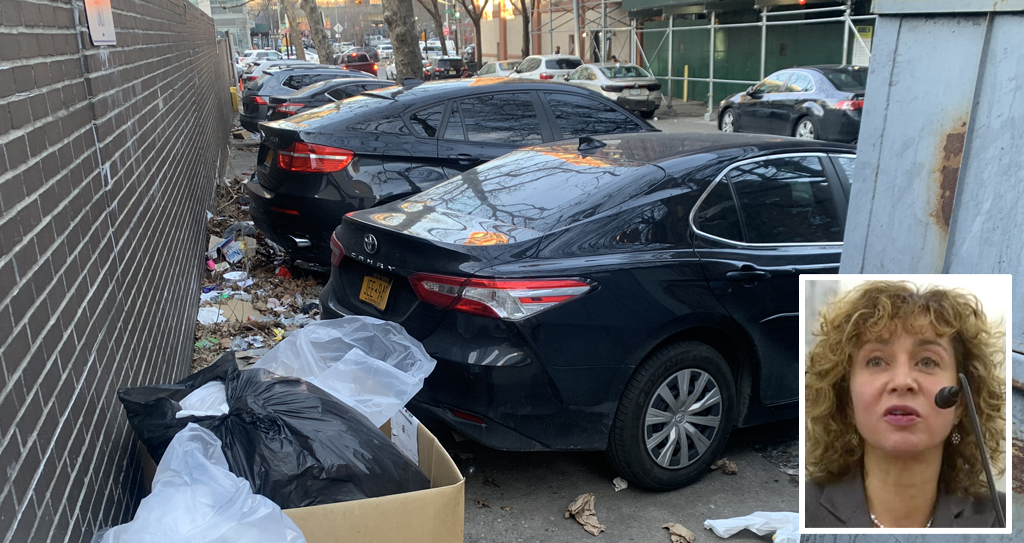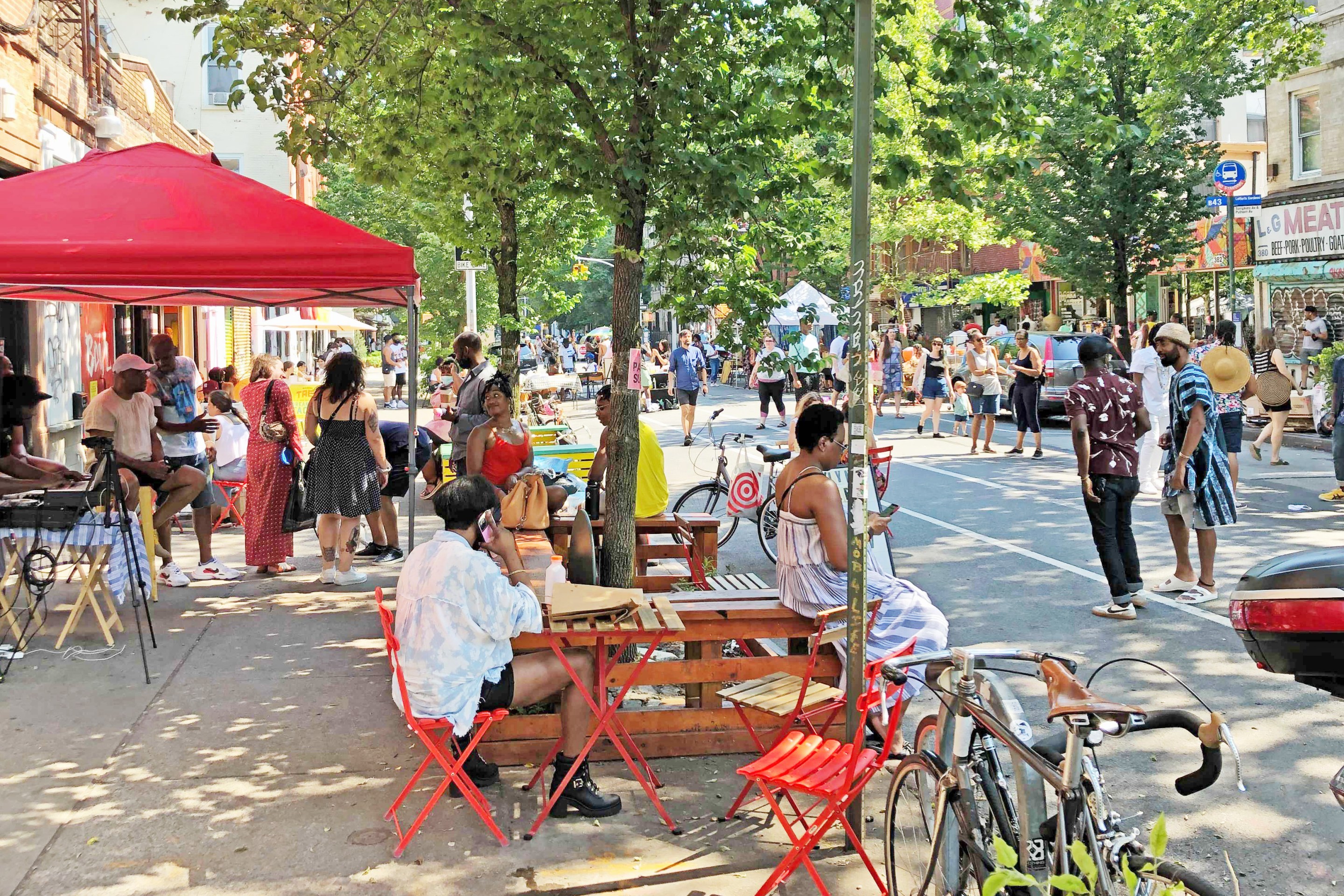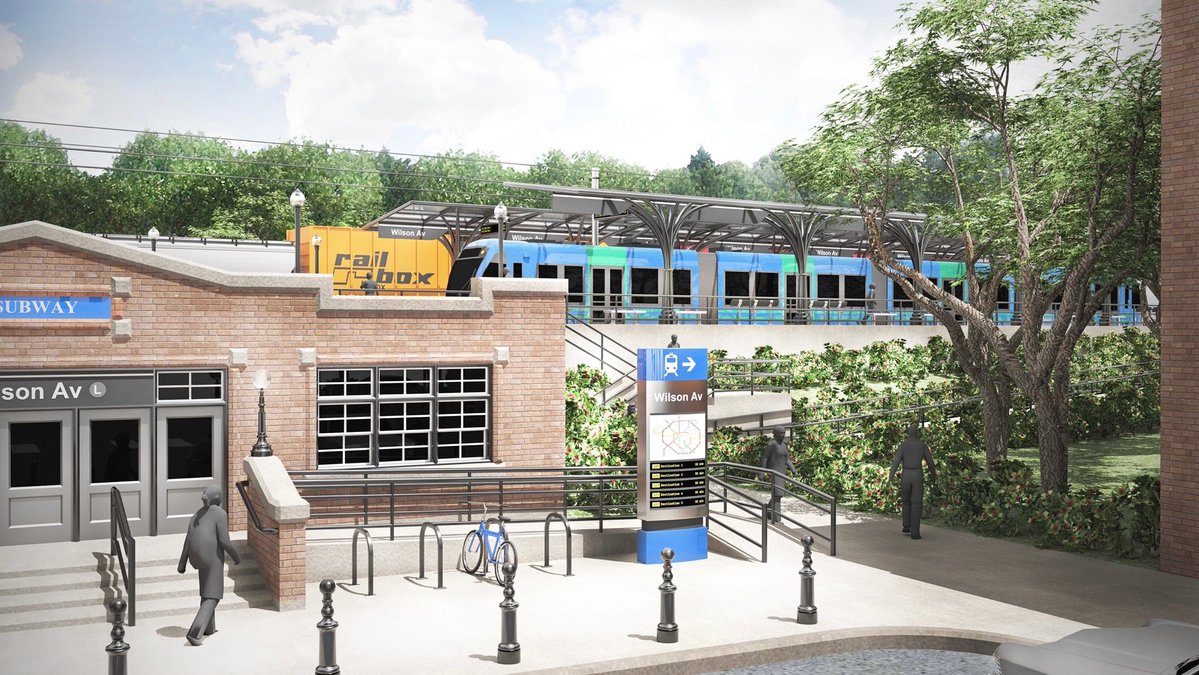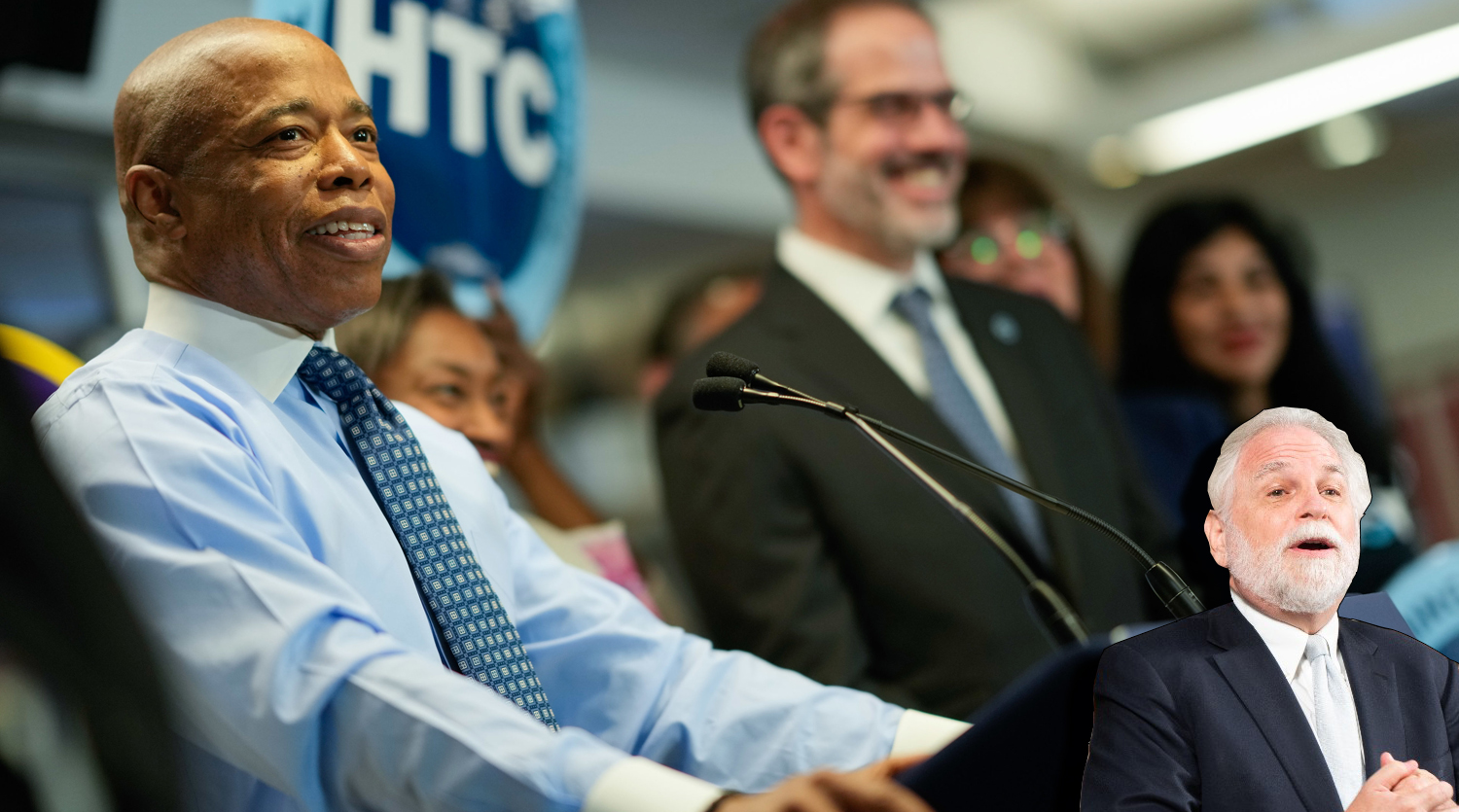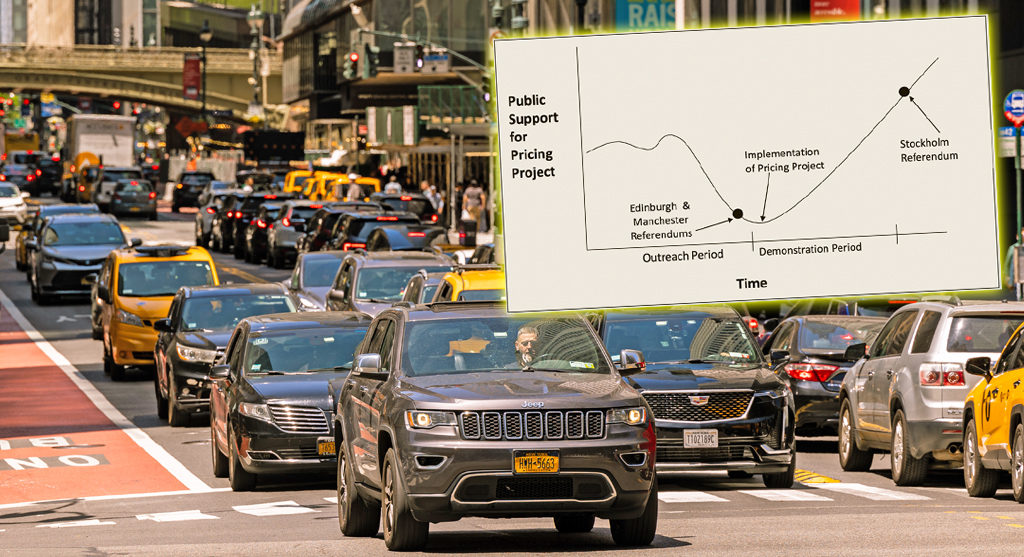EXCERPT: There are No ‘Accidents’ — We Have Been Fooled into Thinking There Are
12:01 AM EST on February 15, 2022
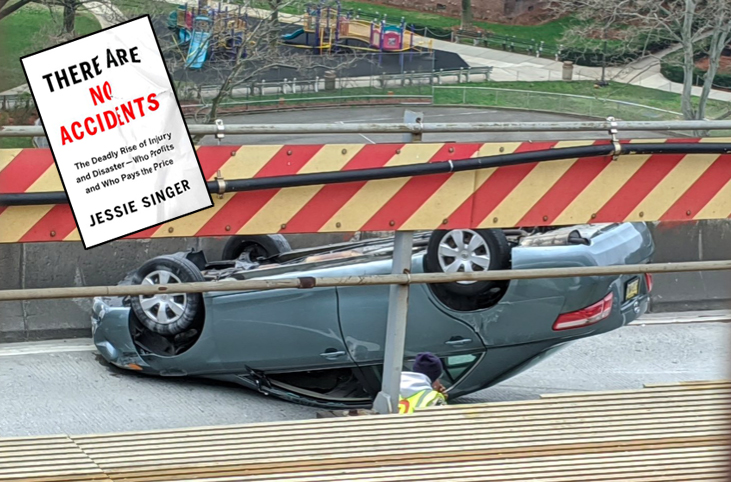
As the senior strategist and head writer of Transportation Alternatives, Jessie Singer helped move the phrase "Crash, not accident" from the activist world to the mainstream — a crucial effort to make people see that all crashes can be prevented. In her deeply reported new book, "There Are No Accidents: The Deadly Rise of Injury and Disaster — Who Profits and Who Pays the Price" (Simon & Schuster, Feb. 15, 2022), Singer surveys "accidents" arising from industries as diverse as energy, poultry, automobiles and pharmaceuticals to argue that the disasters we've come to accept as inevitable are, in fact, preventable — and that they stem from a rapacious capitalism that has distorted our politics because it values profits over people's lives. The following excerpt is from the climactic conclusion of Singer's important book.
Around 170,000 people will die by accident next year. I can tell you this because around 170,000 people died by accident last year, and not much is going to change.
These numbers are a predictable minimum, but going forward, without action, we can expect that number to rise because 170,000 does not account for the accidental deaths to come as our planet becomes more fragile, our regulatory agencies less effective, and our built environment more automated. [Editor's note: The author would like to note that her prediction was off in the worst way. Instead of not much changing, between the time of writing and publication, the accident epidemic expanded even further. While more than 173,000 were killed "by accident" in the U.S. in 2019, more than 200,000 people in the U.S. would die "by accident" in 2020 — none of which, of course, is an accident. ] As the gig economy expands, fewer people will be protected from the danger of their jobs, and more people will die in work accidents. As the delivery economy expands, more Americans’ workplaces will be the open road, and more people will die in traffic accidents. As the corporate anti-regulatory agenda advances, the regulations that make accidents expensive for corporations will be rolled back, one by one, and accidents, from oil spills to post-hospital slip and-falls, will rise.
As global warming escalates, accidents will rise in surprising ways.
We will accidentally freeze to death in unheated homes in places that never used to have snow — such as the 210 who died, most of hypothermia, when a snowstorm struck Texas in 2021. We will accidentally overheat in our apartments when the power goes out, which has been happening at an increasing rate as the world gets warmer — the number of power failures has risen 60 percent since 2015, and already, an estimated 12,000 a year die premature, heat-related deaths.
We will accidentally drown when the remnants of larger-than-ever storms strike as hard as the storms themselves — such as the 43 who died in and around New York City in 2021, many killed in flooded basement apartments when the lingering aftermath of a hurricane that made landfall as far away as Louisiana broke rainfall records all the way over on the East Coast. And climate emergencies will drive us to desperate migration, which too will lead to accidents, such as those killed crossing the U.S.-Mexico border in 2021 — in April, 13 dead of the 25 people crammed inside an SUV crossing into California, and in August, at least 10 killed of the 30 crammed inside a van crossing into Texas.
In all cases, blame will distract us in ways that sound new but hark back to the age-old patterns that this book traces through history. The food-app company will blame the delivery courier killed in a bike accident for breaking traffic laws, even though their job is impossible to do without breaking traffic laws. The developer will blame the construction worker killed in a fall for breaking work rules about fall-arrest harnesses, even though they would be fired if they took the time to suit up. The drug company will blame the drug user killed by an overdose, even though naloxone could have saved them, if only it were accessible in their state.
And a new era of accidents will dawn as more automakers test driverless cars on public roads, more retailers replace employees with machines, and plane manufacturers build new automated systems into the act of flying. We’ll soon see deaths born not of human mistakes but of the inhuman nature of machines programmed to ignore human life.
SIDEBAR: JESSIE SINGER TALKS TO STREETSBLOG'S NEW PODCAST, THE BRAKE, ABOUT HER BOOK
We’ve already gotten a taste of what this will look like in Amazon warehouses, where automation arrived in the form of robots moving merchandise to fulfill orders. With these robots came a rising accidental injury rate — as high as 50 percent more than warehouses without automation — in part because Amazon used the robots as an excuse to speed up production. The company aimed to lower the accident rate in 2018 by 20 percent; instead, the accident rate rose. In 2019, the company aimed for 5 percent; the accident rate rose again. Amazon failed to meet its goals because while it kept aiming for accident rate reductions, it also kept raising the production quota for workers.
Of course, these are just the injuries that we know of. A first-aid manager at a DuPont, Wash., Amazon warehouse — where the rate of accidental injury was higher in 2019 than at any Amazon warehouse in the country, and five times higher than the industry average — reported that his bosses offered workers under his care pizza parties if a shift was completed with no accidents reported, so workers didn’t report injuries, since they didn’t want to deprive their colleagues of a free meal.
While climate change and automation cause more accidents, I predict we will hear less and less about the systems of accountability that Crystal Eastman [Eastman was a lawyer and muckraking journalist whose 1910 report "Work Accidents and the Law" led to America's first workers' compensation law] and Ralph Nader fought for — the laws and rules that create a cost for accidents. And if I am right, accidents will continue to rise.
As we die more by accident, I predict that we will also hear more about how protecting us from accidents is actually an infringement on our liberty. The trigger lock that protects a child from being accidentally shot is an infringement on Second Amendment rights. The regulatory agency is an oppression of the rights of the free market. The independent contractor may not have access to workers’ compensation, but they are free to work wherever they please. You are free to buy the largest SUV you wish, even when the hood blocks your view of the child playing in your driveway.
Without seismic change, this is our future.
Accidents happen in America, and happen here at outsize rates compared to our peer countries around the globe, because everything in America is built with a mind toward profit and thrift, and on a foundation of white supremacy, a culture of punishment, and a myth of self-reliance.
The solution is simple: Stop punishing mistakes and pretending that people are perfectible. Trade in the bootstraps parable for an acceptance that people need tools and resources to survive, and an insistence that society should provide them. Apply a harm-reduction model to every corner of the built environment. Construct workplaces, roads, and homes, but also laws and policies, with a focus on reducing accident-related damage, cushioning the blow of everything, and protecting life, health, and dignity at any and all cost. Remember that the people who die most often by accident are often the most vulnerable — the youngest and the oldest, the most discriminated against and least wealthy — and start there.
From There Are No Accidents: The Deadly Rise of Injury and Disaster — Who Profits and Who Pays the Price (Simon & Schuster) by Jessie Singer. Click here for more information.
Read More:
Stay in touch
Sign up for our free newsletter
More from Streetsblog New York City
Under Threat of Federal Suit (Again!), City Hall Promises Action on ‘Unacceptable’ Illegal Police Parking
A deputy mayor made a flat-out promise to eliminate illegal police parking that violates the Americans With Disabilities Act. But when? How? We don't know.
Wednesday’s Headlines: Four for Fifth Edition
The good news? There's a new operator for the Fifth Avenue open street. The bad news? It's four blocks, down from 15 last year. Plus other news.
MTA Plan to Run Brooklyn-Queens Train on City Streets a ‘Grave’ Mistake: Advocates
A 515-foot tunnel beneath All Faiths Cemetery would slightly increase the cost of the project in exchange for "enormous" service benefits, a new report argues.
Full Court Press by Mayor for Congestion Pricing Foe Randy Mastro
Pay no attention to that lawyer behind the curtain fighting for New Jersey, the mayor's team said on Tuesday, channeling the Wizard of Oz.
Tuesday’s Headlines: Valley of Political Death Edition
Did you see the new poll showing congestion pricing is really unpopular? Ignore it! Good times are coming. Plus other news in today's headlines.

